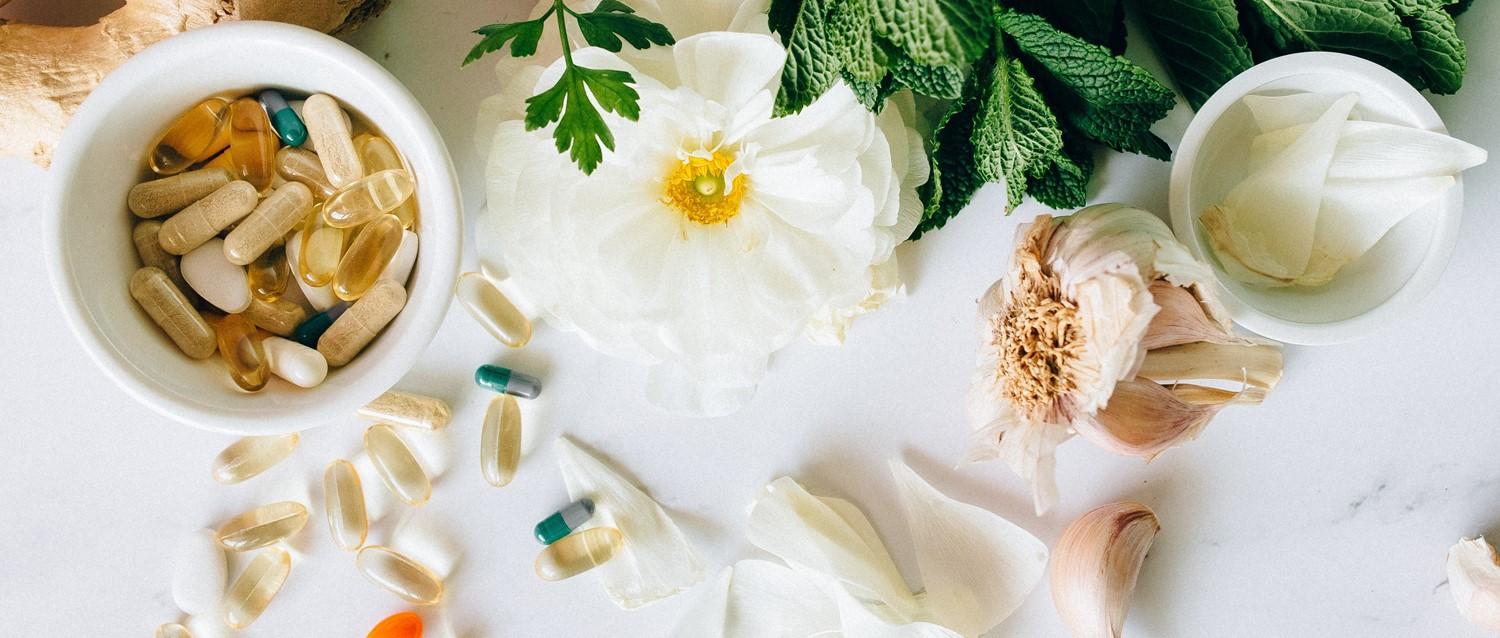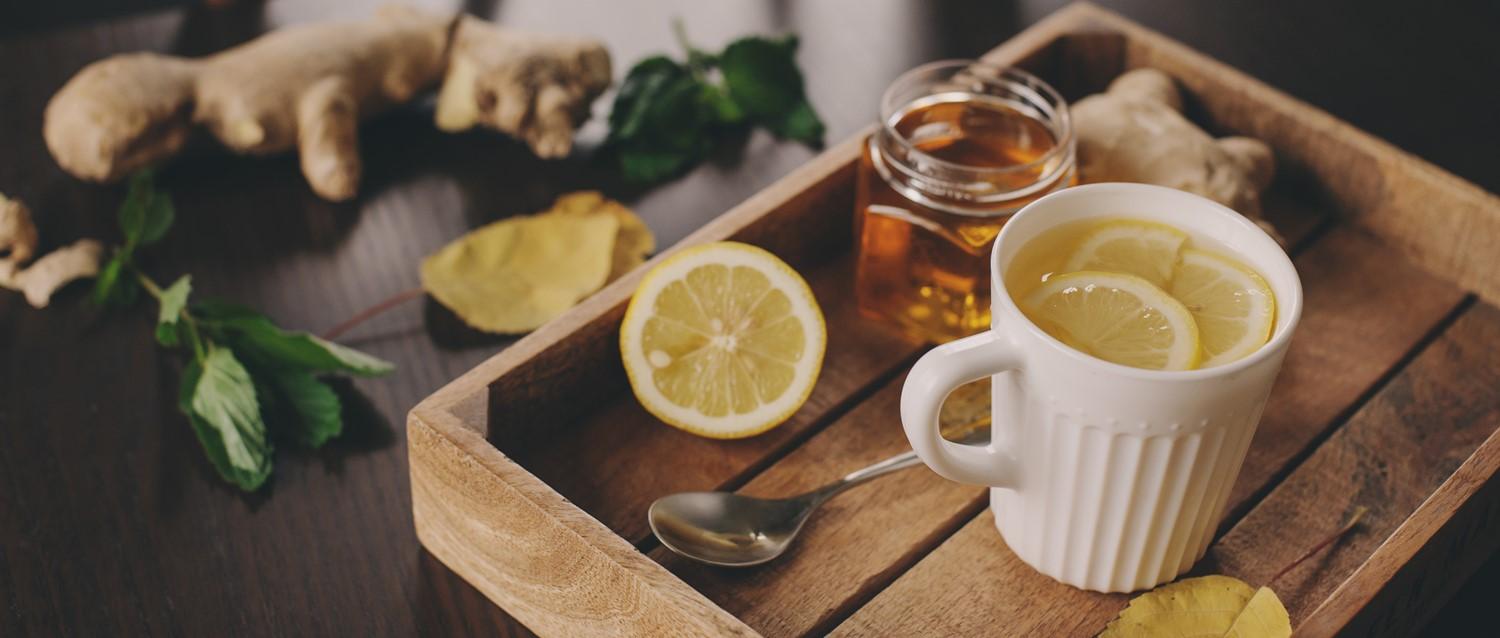
Can the flu jab really give you the flu?
Peer reviewed by Dr Sarah Jarvis MBE, FRCGPLast updated by Andrea DowneyLast updated 20 Sept 2019
Meets Patient’s editorial guidelines
- DownloadDownload
- Share
- Language
- Discussion
Winter is coming and with it the dreaded flu virus. But many people put off having their flu jab for fear it gives them the flu, when in fact it's your best defence against the nasty illness. A GP and a pharmacist explain why.
In this article:
It's that time of year again, summer is coming to an end and winter is on its way - so flu season is coming at us in full force. It doesn't matter how healthy you are, anyone can get struck down with the illness so it's vital you're protected.
That means keeping up with your yearly flu jabs. But there's one myth about the flu vaccine that prevails and stops people getting immunised: that the flu jab gives you the flu.
While some people may feel slightly unwell after having the flu jab, the simple fact is it doesn't give you the flu, according to Dr George Kassianos, immunisation lead at the Royal College of GPs.
"The inactivated [killed] injectable flu jab cannot give you flu as the virus is dead. What remains in the vaccine is the ability to produce antibodies," he says.
The flu jab does contain parts of the flu virus, but the virus is dead so it cannot infect the body.
Instead, what it does, is trigger an immune response in the body so you're able to produce antibodies to the virus before you've even got the flu. Antibodies are a protein produced by your plasma cells and carried in your blood to strengthen your immune response to bacteria and viruses - they're your body's natural defence mechanism.
That means if you do come into contact with the live virus, your body is already prepared to fight it off and you're unlikely to become ill.
Phil Day, Pharmacy2U's, superintendent pharmacist, added: "You can't get flu from the flu jab, because the injection doesn't contain any active virus. It just allows the body's immune system to recognise the virus so it can fight it later, if you are exposed to it.
"If you feel 'fluey' after the jab, you might have caught a different virus, or you might have been exposed to the flu virus before the vaccine had a chance to start working - which is why it's important to get it in the autumn, before the flu season starts.
"We know the flu jab works, but it's not 100% guaranteed to prevent every case of flu - however, if you do catch flu after having the jab, it's likely to be much milder and quicker than it would otherwise have been."
Continue reading below
I got it last year, so why do I need it this year?
You need to get your flu jab every year because each flu season we are exposed to different viruses. Over the year, the flu virus mutates, so we are likely to be exposed to a different bug than we were the winter before, meaning your body isn't as equipped to fight it.
There are three main types of flu virus: A, B and C. Types A and B are the most common bugs spread in winter and cause more severe symptoms of aching, a high fever, coughing and sniffling. Type C is less common and causes less severe symptoms.
Type A is capable of infecting both humans and animals, while type B only infects humans. Both are culprits behind flu epidemics.
Each year the World Health Organization (WHO) looks at data on flu viruses and predicts which strains are likely to cause the biggest problems during winter.
It then produces a vaccine based on these viruses to protect you through the flu season. But the flu virus mutates incredibly quickly, so even once a vaccine has been produced a new virus of flu could be circulating.
"The flu viruses, particularly the A virus, can mutate from the time WHO gives the vaccine producers the virus against which to produce vaccines," Kassianos explains.
"This means the vaccine antibodies may not fully recognise the mutated virus - it depends on the degree of mutation. For this reason, we produce new vaccines and vaccinate every year."
Day adds: "Flu viruses mutate over time, and last year's flu viruses will be different to this year's - therefore, last year's jab won't necessarily protect you this year. Every February, the circulating flu viruses are analysed, and then new vaccines are made to cover the virus strains that will be circulating in the next winter."
Who needs to get a flu jab?
In short, everyone can benefit from a flu vaccine. Even if you're fit, healthy and young, having your vaccine can increase herd immunity. The more people that have their vaccine, the more resistant the community is to the virus, therefore the flu is less likely to spread as fast as it would if vaccines didn't exist.
Fit and healthy adults are less likely to become seriously ill when they catch flu as their body is able to fight the virus off quicker. By contrast, vulnerable people like the elderly, young children, pregnant women and immunocompromised people are far more likely to become seriously unwell - and in some cases the virus can be deadly - so it's vital we all do our bit to stop the spread of flu.
Here's who is eligible for a free NHS flu vaccine at their local GP or pharmacist:
All children aged 2-10 years.
People aged 6 months to under 65 years in clinical risk groups.
Pregnant women.
People aged 65 years and over.
People in long-stay residential care homes.
Carers.
Close contacts of immunocompromised people.
For children aged 2 to 17 years, a live attenuated quadrivalent vaccine (LAIV) is available in the form of a nasal spray.
For adults up to the age of 65 years, a quadrivalent injected vaccine, designed to protect against four flu viruses - two type A and two type B - is offered.
Past experience has suggested, however, that people aged over 65 years don't get quite the same protection from the standard form of flu vaccine. They do much better if they're given an 'adjuvanted' vaccine designed to cover three strains of flu, of a 'cell-grown' quadrivalent vaccine - evidence shows they're equally effective in over-65s - and one of these will be offered to all over-65s this season.
To find out more about the flu jab, or to book a time to have your vaccine, speak with your local pharmacist.
Patient picks for Flu and vaccination

Infections
Can zinc lozenges protect against coughs, colds, flu, and COVID-19?
Zinc helps our immune systems to fight upper respiratory tract infections (URTIs) such as coughs, colds, and flus including COVID-19. In light of the COVID-19 pandemic, new research suggests that taking zinc lozenges or supplements may help both to prevent and to reduce the length of these illnesses.
by Amberley Davis

Infections
What are the most effective flu prevention methods?
Maybe you've never had flu, even when everyone you knew was coming down with it. Maybe you've had flu and can't see what all the fuss was about. So when do you need to worry about flu and what are the most effective flu prevention methods? ?
by Dr Sarah Jarvis MBE, FRCGP
Continue reading below
Article history
The information on this page is peer reviewed by qualified clinicians.
20 Sept 2019 | Latest version

Ask, share, connect.
Browse discussions, ask questions, and share experiences across hundreds of health topics.

Feeling unwell?
Assess your symptoms online for free
Sign up to the Patient newsletter
Your weekly dose of clear, trustworthy health advice - written to help you feel informed, confident and in control.
By subscribing you accept our Privacy Policy. You can unsubscribe at any time. We never sell your data.